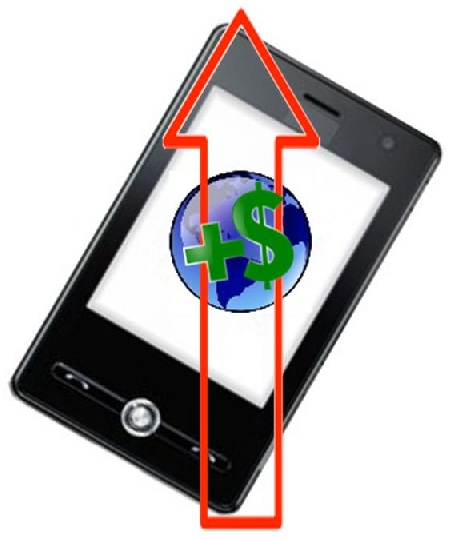Half of all smartphone shoppers in the U.K. are disappointed with the overall experience.
When it comes to mobile marketing and the smartphone commerce experience that is currently being offered, companies are finding themselves in a jam, as consumers appear to expect the usability of websites to be the equivalent of what they know from the standard web.
Unfortunately, these are two different technologies and the capabilities of smartphones aren’t there yet.
As businesses tinker with their mobile optimized websites, they are often either limiting them by too much of an extreme, or are weighing down each page too heavily with various objects, making it impossible to use for consumers who simply aren’t willing to wait the length of time that it takes to load. According to Eptica, a multi-channel consumer engagement firm, this is making mobile marketing and experience creation an extremely challenging process.
 Companies are failing to meet the expectations of consumers in their mobile marketing and commerce.
Companies are failing to meet the expectations of consumers in their mobile marketing and commerce.
More than ever before, consumers are receiving mobile marketing and are shopping over their smartphones but the latest survey from Eptica is showing that the majority of them don’t like the experience that they’re receiving. Feedback was received from 1,000 adults in the United Kingdom by way of this research, and what it determined was that 52 percent of those individuals felt that more than half of the websites that they visited using a smartphone or tablet had not been properly optimized for their preferred device.
The mobile marketing data was released in the 2013Mobile Customer Experience Study from Eptica. It also looked into the foundation issues that related to the unpleasant experience that consumers have said that they are having. The primary struggle was related to a lack of functionality both on the mobile web, as well as within apps that were designed for their devices (36 percent). Nearly as many people (34 percent) said that they were frustrated with the long loading times. Another 34 percent said that they disliked the websites that were not optimized to be viewed on the smaller screen of the smartphone or tablet gadgets.

 Advertisers in the United Kingdom increased their spending by 94 percent last year.
Advertisers in the United Kingdom increased their spending by 94 percent last year.